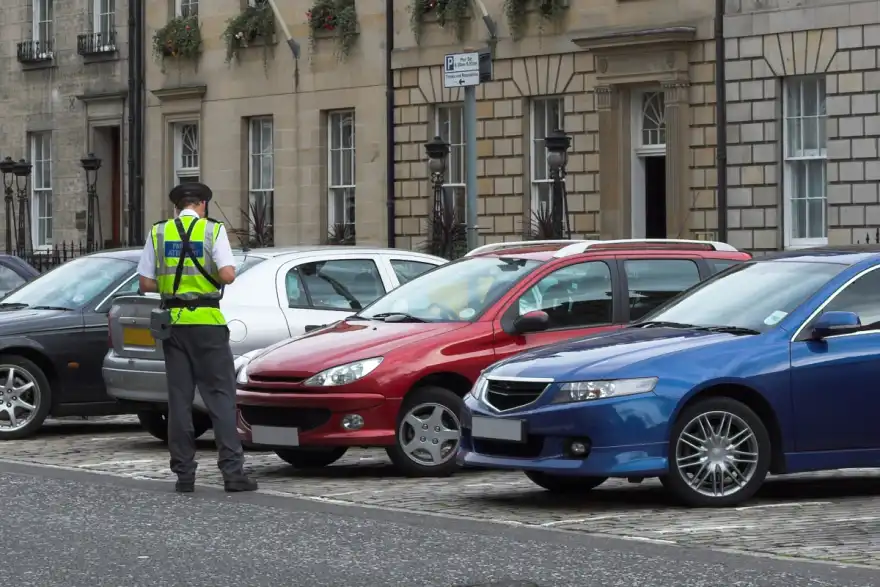
Councils in England have officially crossed the £1 billion mark in parking fees for the first time ever, according to the AA. This staggering figure comes from a new analysis revealing that most of this cash—around £698.7 million—was generated from on-street parking alone.
This £1 billion total marks an increase from the previous financial year, when councils collected about £960 million. In contrast, off-street parking contributed £340.4 million this year.
Jack Cousens, head of roads policy at the AA, highlighted the importance of this revenue, saying, “Councils have broken through the £1 billion income barrier, showing just how vital a revenue stream it is for them.
"With budgets stretched, local authorities will pull any lever available to bring cash into the Town Hall.
"The cost of parking, as well as ease of payment, has an impact on consumers and they will ‘vote with their wheels’ if they deem the price too expensive, or a hassle if they can only pay via an app or by phone."
So, how are councils raking in more parking cash? One strategy is charging drivers of larger, more polluting cars higher fees. For example, Bath has implemented ULEZ-style rules where owners of certain diesel and high-emission petrol vehicles face increased charges in city centre car parks—jumping from £1.70 to £2.50 per hour for most users. Fortunately, drivers of lower-emission petrol cars and EVs aren’t affected.
Additionally, places like Lambeth calculate resident parking permits based on vehicle emissions, and other councils, like Hammersmith and Fulham, also impose higher charges for more polluting vehicles.
It looks like parking is becoming a major source of income for councils, so drivers might want to pay attention to those rates!




